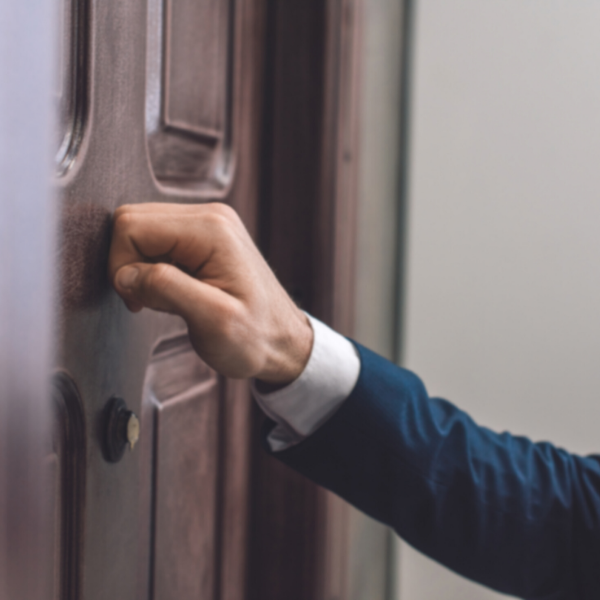On January 28, 2020, the Internal Revenue Service announced that it has begun conducting face-to-face meetings with individual and business taxpayers as part of a special compliance effort called the Revenue Officer Compliance Sweep (ROCS) program. The IRS urges taxpayers that these visits should not be confused as a scam and points out certain indicators to look for in order to ensure a meeting by an alleged revenue officer (RO) is legitimate.
Overview of the ROCS Program
The goal of ROCS is to resolve tax compliance issues, particularly payroll tax issues, by meeting one-on-one with taxpayers that face ongoing issues. The primary motivator for these visits is to make contact with taxpayers with previously known tax issues that were not resolved through mail communications. The IRS will initially focus these efforts in areas that historically have had a limited amount of resources – Wisconsin, Texas, and Arkansas – but will eventually rollout the program nationwide. During a visit, the ROs will interview taxpayers to gather financial information and to provide them with guidance to be compliant with the law.
What to Look For
To avoid confusion and minimize the risk of scammers, the IRS will announce general details about these visits in specific locations in order to raise community awareness about the IRS activity during a specified time. The IRS cautions that the first face-to-face meeting with a RO will almost always be unannounced. Therefore, in order to ensure that a visit from a RO is not a scam, taxpayers should look for the following:
- Although the first face-to-face meeting with a RO is generally unannounced, the taxpayer should be aware of his or her tax issues prior to a visit because the IRS would have previously sent correspondence attempting to resolve the issue
- A taxpayer may receive an appointment letter requesting certain information and providing a time to call the IRS an appointment prior to a visit
- A RO will always carry two forms of official credentials, called a pocket commission and a HSPD-12 card. The HSPD-12 card is a standard government-wide identification card issued to federal employees and contractors. Both forms of identification will include a serial number and a photograph of the employee. Taxpayers have the right to see each of these forms of identification and can verify the RO’s HSPD-12 card by contacting a dedicated IRS telephone number provided by the RO
- A true RO will help the taxpayer understand and meet his or her tax obligations, not make threats or demand an unusual form of payment. If the taxpayer has concerns about the RO, the taxpayer may request the name and telephone number of the manager
- For taxpayers with an outstanding tax debt, the visiting RO will request payment and provide a range of payment options, such as a check payable to the U.S. Treasury. ROs may also consider other means of resolving tax debt, such as an installment plan, recommending relief from penalties (when available), recommending an adjustment or abatement if the tax debt is in doubt, evaluating whether the taxpayer is a candidate for an offer in compromise, or suspending collection due to currently not collectible accounts
Conclusion
The IRS is committed to helping taxpayers recognize scams and acknowledge legitimate government resources. If someone knocks on your door claiming to be from the IRS, you should ask for two forms of identification, the pocket commission and HSPD-12 card. The RO should also provide you a dedicated IRS telephone number that can be used to confirm the RO’s identity and authenticity.
If you have any questions or concerns about your tax situation or dealing with the IRS regarding a particular tax issue, contact one of our tax attorneys today at (216) 696-1422.
Author
-

Kyle P. Graham
Kyle Graham is an Associate at McCarthy Lebit whose practice focuses on a variety of transactional work including taxation, trusts and estates, and business, and corporate law. Learn more about Kyle and his practice.
